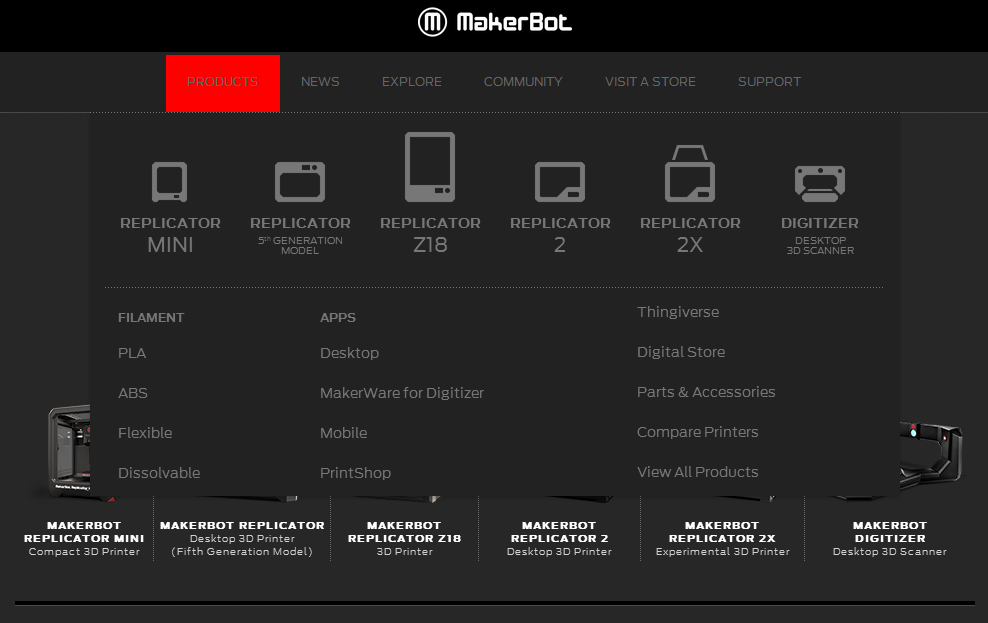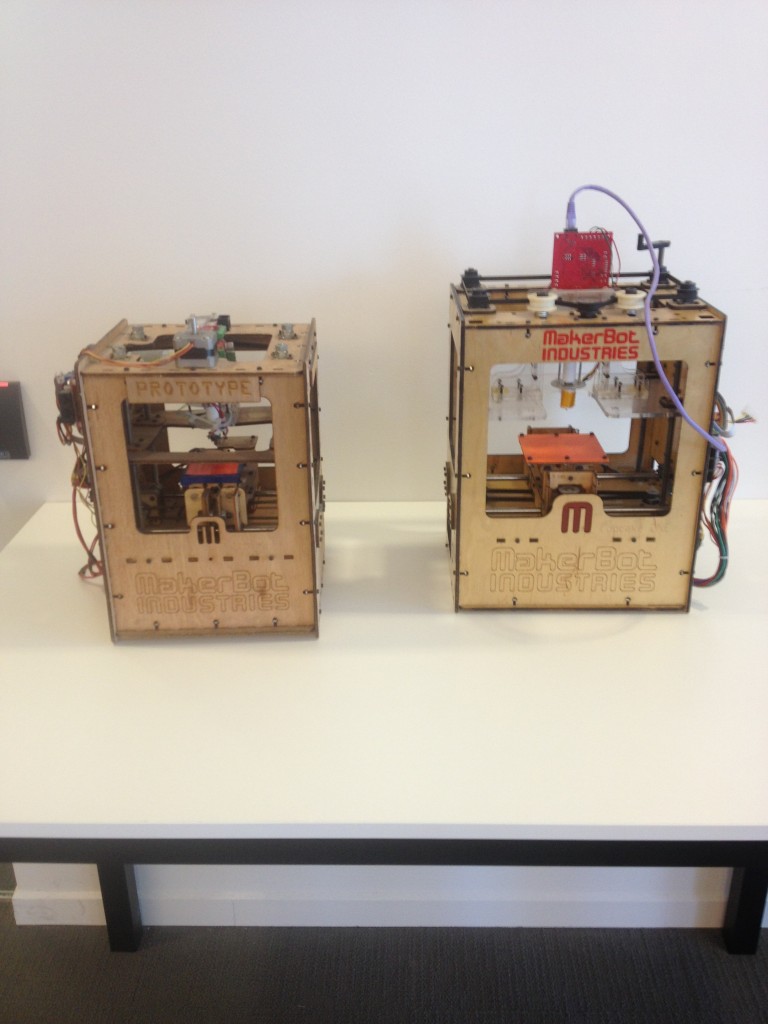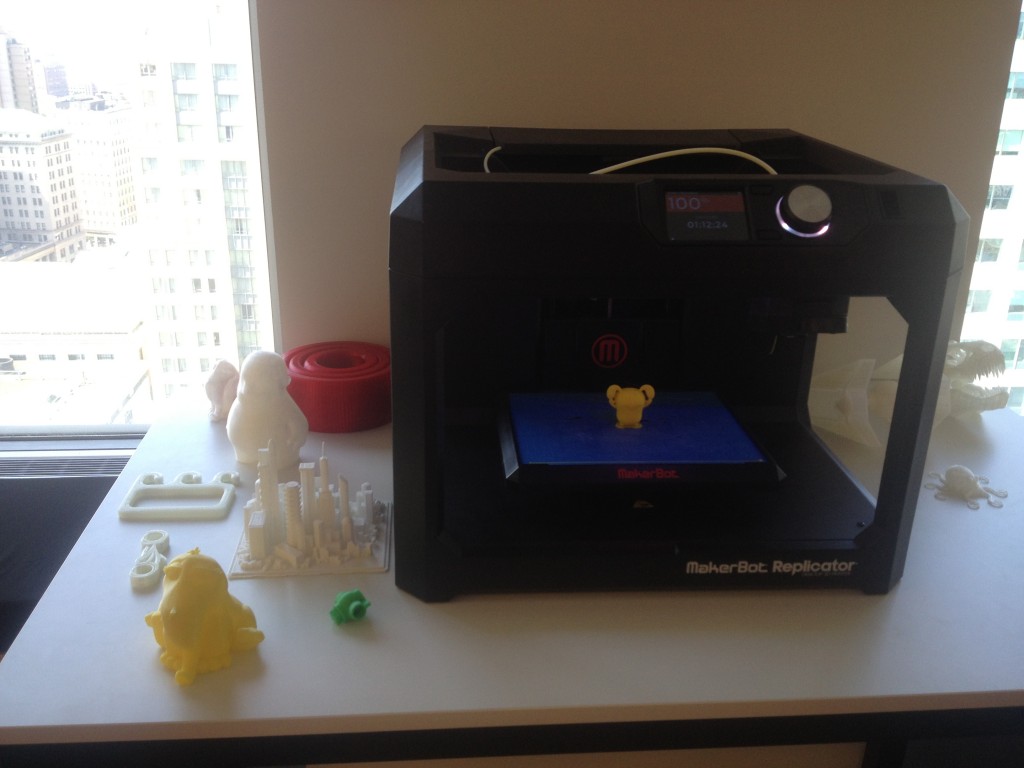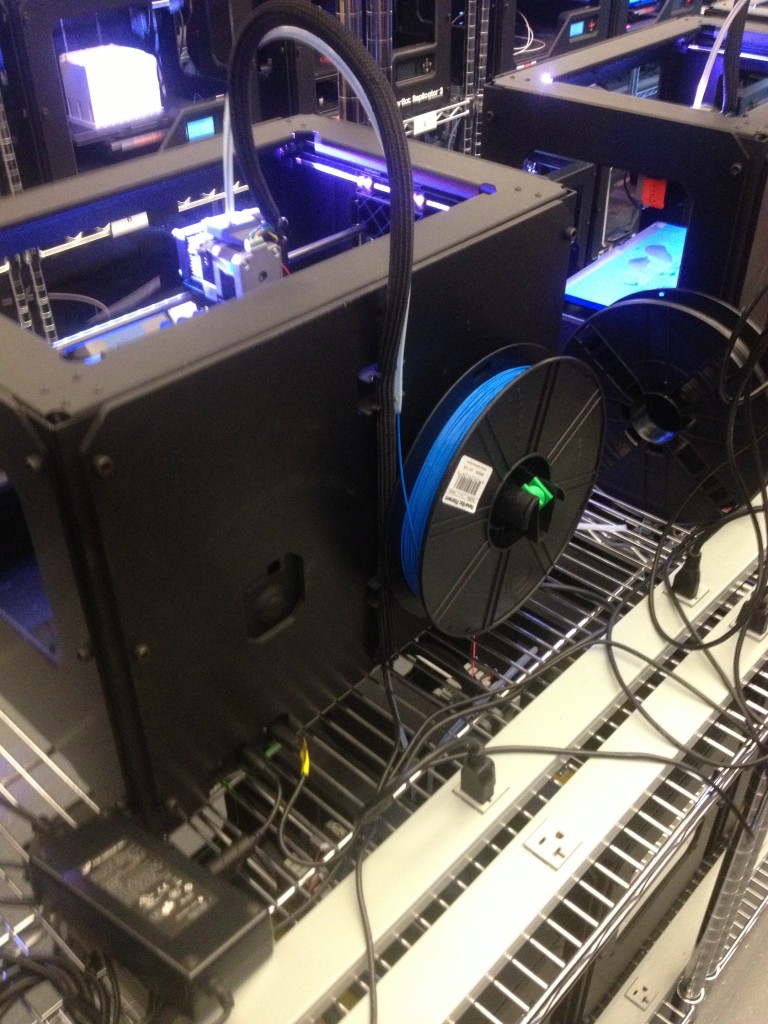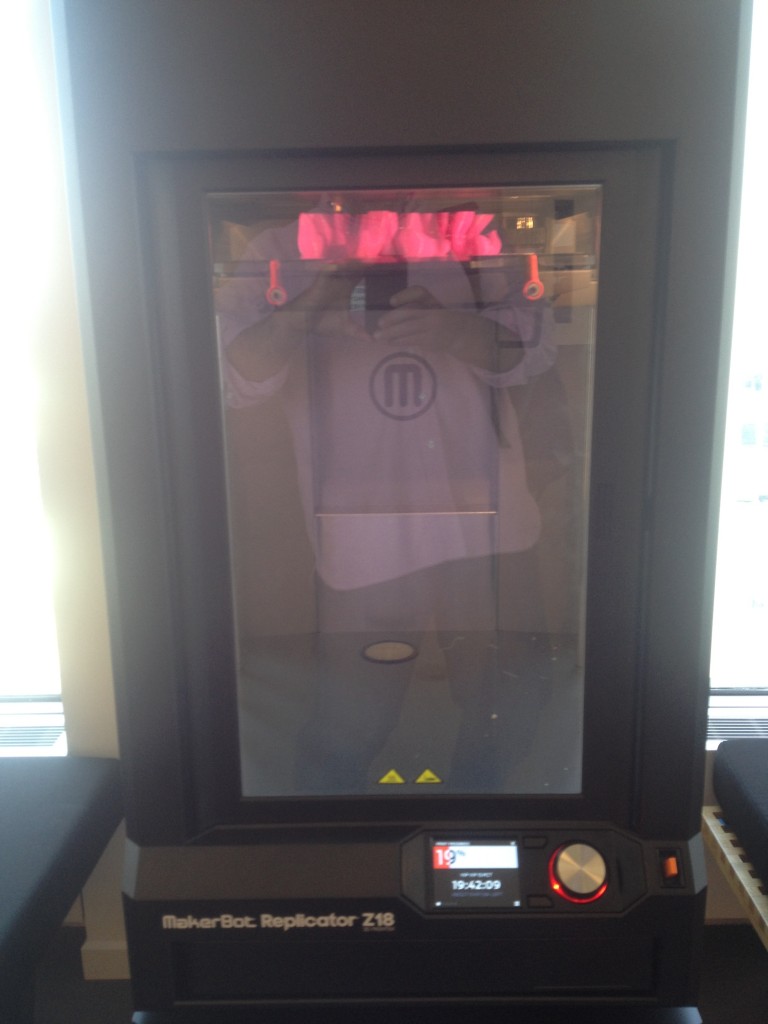No, the title isn’t a typo. I think I think this. I need to do more research, but maybe someone can enlighten me.
All over Wallingford, I see political lawn signs for candidate Jess Spear and her tagline of something like, “We Need Rent Control.” I did a little research on her web site to learn more. Other than finding out she’s a socialist who got arrested for protesting the transportation of oil from Seattle to other distribution centers via train, I didn’t see too much detail on her call for Rent Control.
So here’s a business perspective on why I think Rent Control is probably a really bad idea.
1) I don’t see anything in her proposal that says Property Taxes can never be raised again, or that any increase in the appreciation of property value won’t cause building owners to pay more in taxes. You see, if the property owners see an increase in their taxes, but can’t raise revenue, then they won’t have any way to stop themselves from losing money. Since real estate is a long term game, if you make the long term riskier without any chance of increased profit, there’s no incentive to get involved. You’d simply build somewhere else.
2) So, if people don’t have financial incentive to build apartments here, then they won’t. So that will cause a lack of supply. In normal economic theory, this lack of supply would create a rise in prices that normalizes everything. But since we’ll have frozen rents, we won’t be able to correct the curve. Thus, people with these scarce resources (apartments) won’t have incentive to ever give them up. They’ll now inhabit places that they shouldn’t be able to afford.
3) Meanwhile, companies like Amazon, Microsoft, Facebook, Google, etc… who want to hire people who could afford these apartments, will now have a harder time bringing in out-of-staters since they won’t have anyplace to live.
4) Now we’ll have driven away the people who want to build new buildings AND the people who want to move here and take good paying jobs. Companies have obligations to shareholders, not cities. So it’s in their best interest to leave Seattle and move their offices to places where employees can actually live.
5) So this will mean we’ll have fewer good paying jobs, which means a less robust economy. As companies leave, the people who have the good paying jobs will leave with their companies to these new locations.
6) But here’s the bright side. With all the high paid employees leaving town, property values will fall. Demand and supply will come back into equilibrium. Rents will be much lower since the only people still around will be those making lower wages. (However, anyone who had a job supporting one of these companies, such as waiters, baristas, bartenders, janitors, security guards, parking attendants, delivery people or construction workers will have lost their jobs as well. So we’ll still need to figure out how they will be able to afford these new lower rents.) But the rent controls will seem kind of silly since those people with apartments to rent are fighting for the people who are still here.
Anyway, that’s what I think my MBA classes in economics and my exposure to the real world tell me. But maybe I’m missing something. If I am, let me know what it is. Otherwise, I’m curious why Ms. Spear is using this as her main Marketing message.
